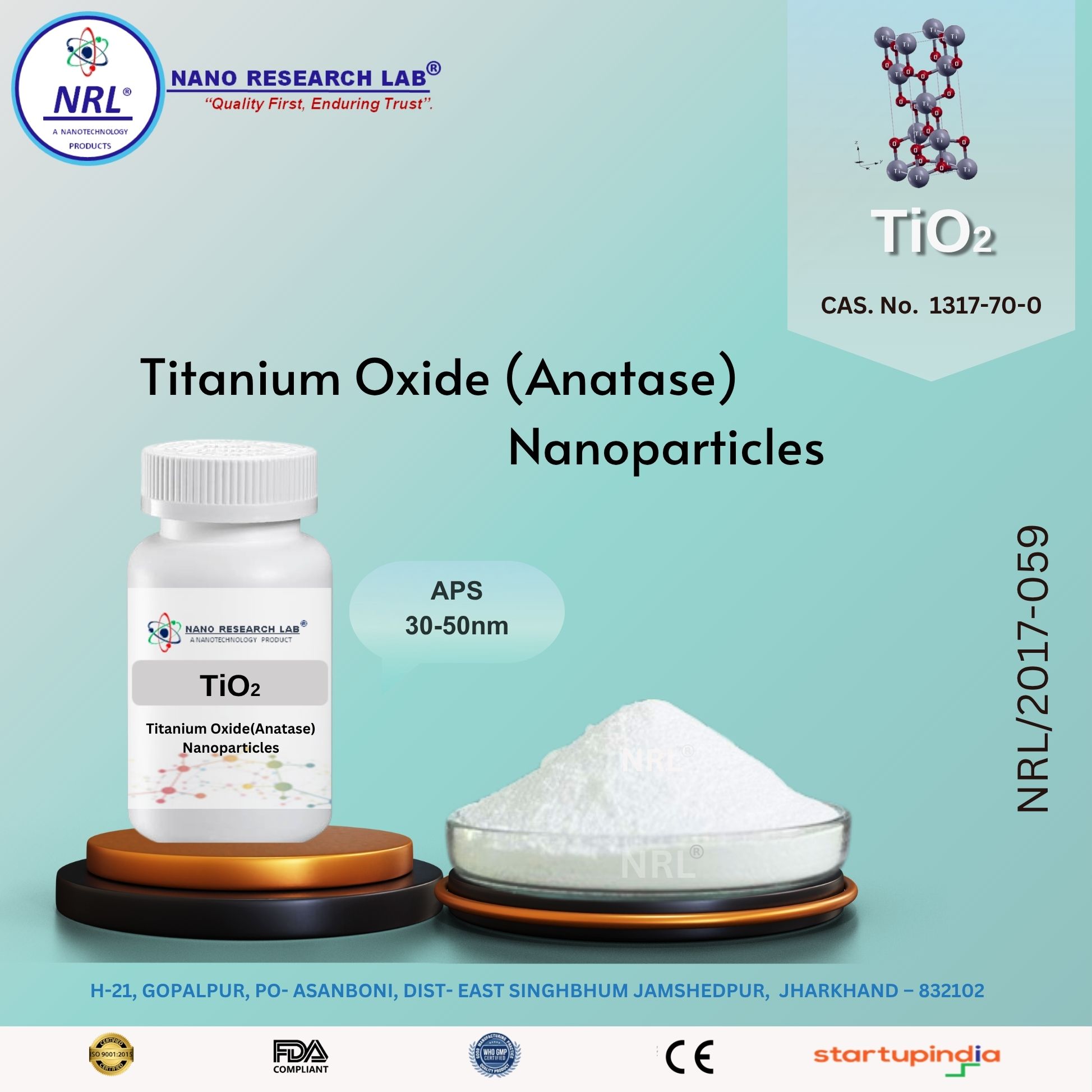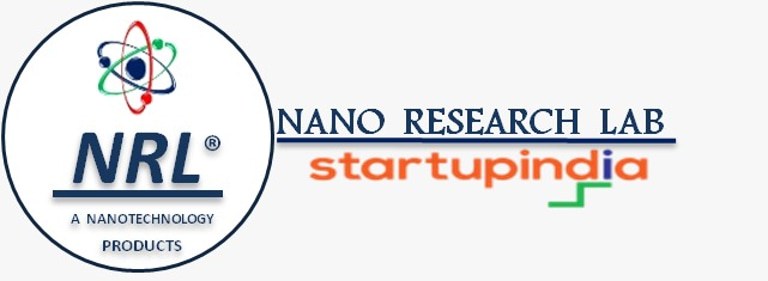
Titanium oxide Nanoparticles/ Nanopowder (TiO2, Anatase, 30-50nm, 99.5%)
₹1475.00
Titanium Dioxide Nanopowder (TiO₂, Anatase, 30–50 nm, Purity 99.5%)
Technical Specifications
Property | Specification |
|---|---|
Chemical Name | Titanium Dioxide (TiO₂, Anatase) |
CAS Number | 13463-67-7 |
Molecular Weight | 79.87 g/mol |
Purity | ≥ 99.5% |
Appearance / Color | White Fine Powder |
Particle Size (Average) | 30–50 nm |
Morphology | Spherical / Agglomerated Nanoparticles |
Crystal Structure | Anatase |
Specific Surface Area (BET) | 80–120 m²/g |
Density | 3.9 g/cm³ |
Melting Point | 1843 °C |
Boiling Point | Sublimes above 2972 °C |
Solubility | Insoluble in water; soluble in strong acids |
pH (in aqueous suspension) | ~6–8 |
Stability | Chemically stable; non-hygroscopic under normal conditions |
Key Features
High Purity (≥ 99.5%) ensures consistent performance in industrial and research applications.
Nanoparticle Size (30–50 nm): Provides high surface area for coatings, pigments, and photocatalytic applications.
Anatase Crystal Structure: Optimal for photocatalysis, environmental applications, and pigment uses.
Spherical Morphology: Promotes uniform dispersion in polymers, coatings, and liquids.
White Fine Powder: Easy to handle and process into formulations.
Thermally Stable: Suitable for high-temperature processes and industrial applications.
Moderate Photocatalytic Activity: Suitable for environmental and functional surface applications.
Applications
1. Pigments & Coatings:
Provides bright white color, UV protection, and opacity in paints, coatings, plastics, and inks.
2. Photocatalysis & Environmental Applications:
Used in air and water purification, self-cleaning surfaces, and antibacterial coatings.
3. Cosmetics & Personal Care:
Functions as a UV-blocking agent in sunscreens and skincare products.
4. Nanocomposites & Polymers:
Enhances mechanical strength, UV stability, and thermal resistance in polymers.
5. Solar Cells & Energy Applications:
Suitable for dye-sensitized solar cells and other photocatalytic energy devices.
6. Research & Advanced Materials:
Used in nanotechnology, thin films, coatings, and photocatalytic material research.
